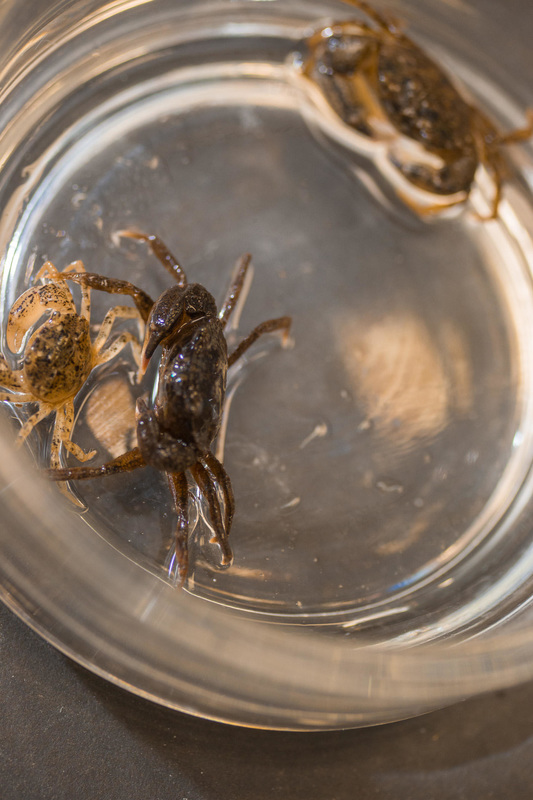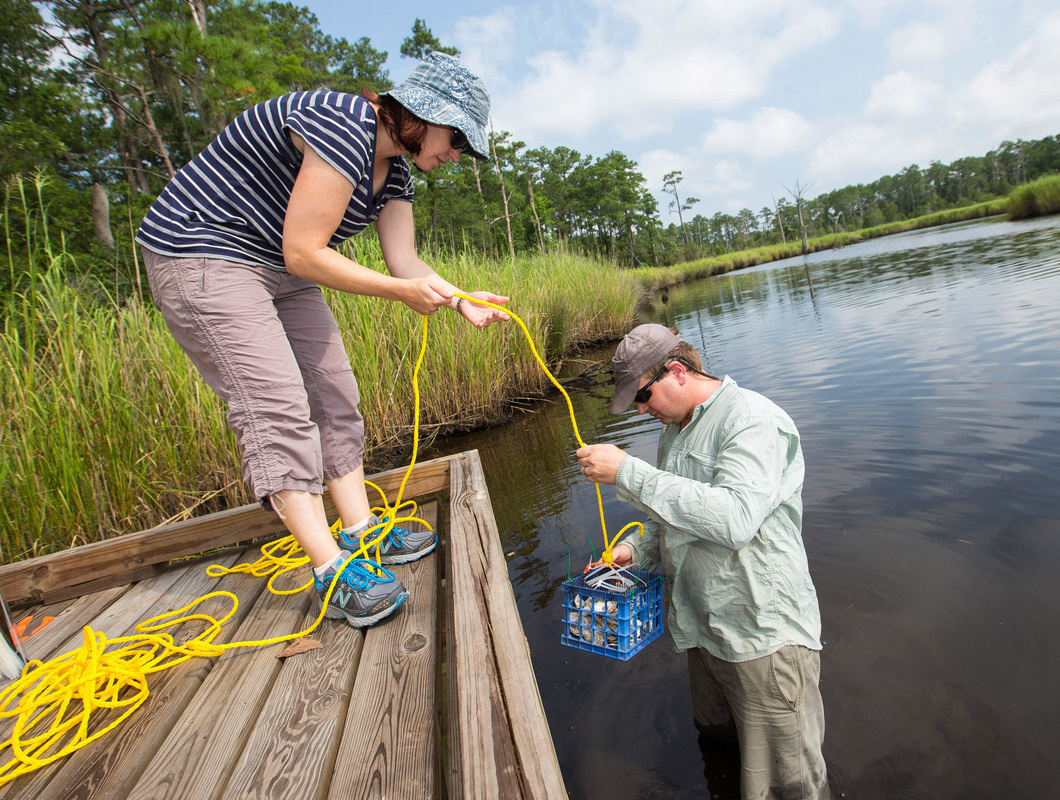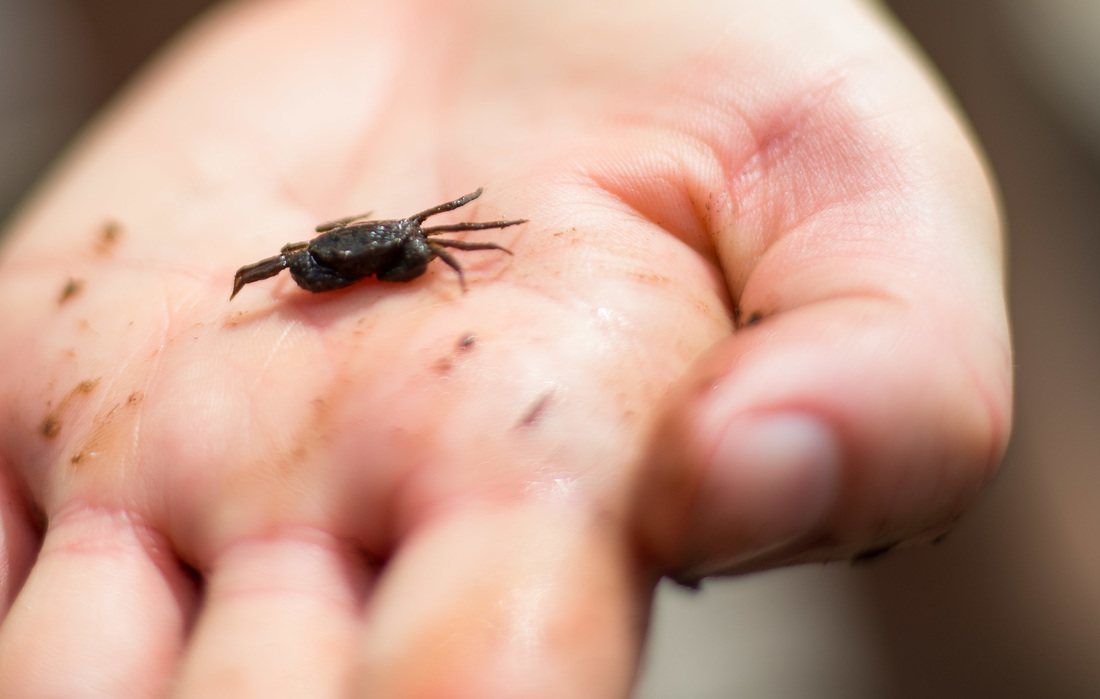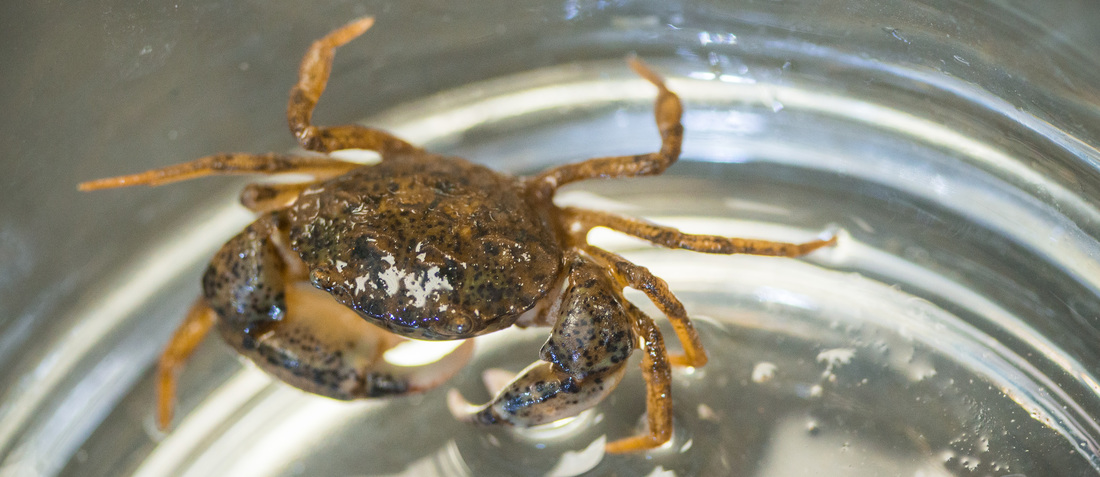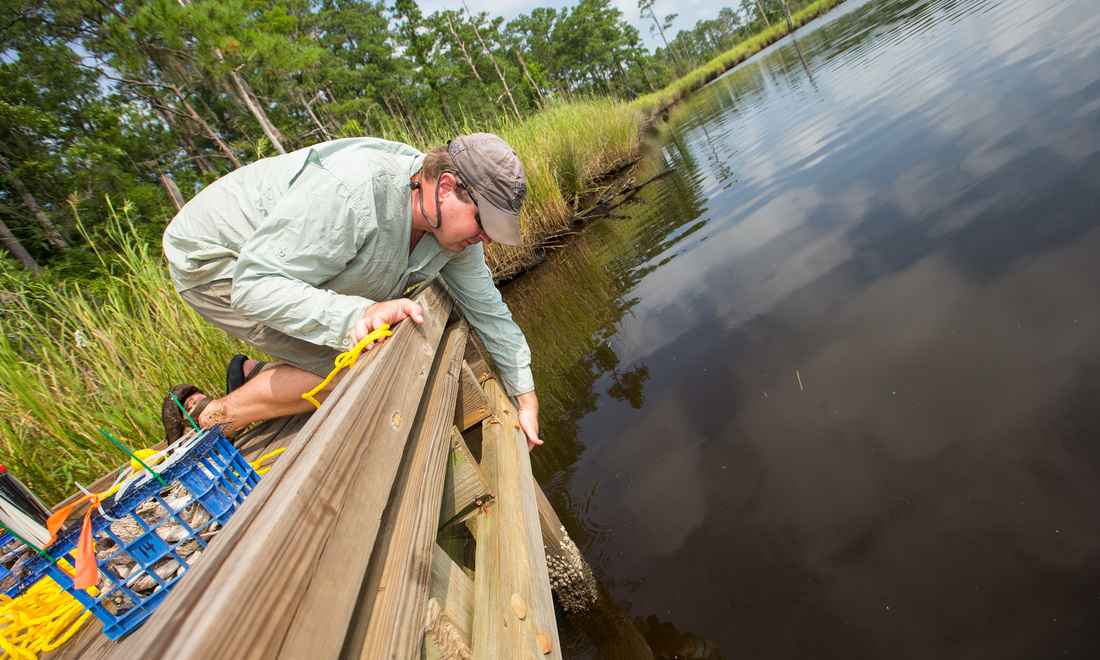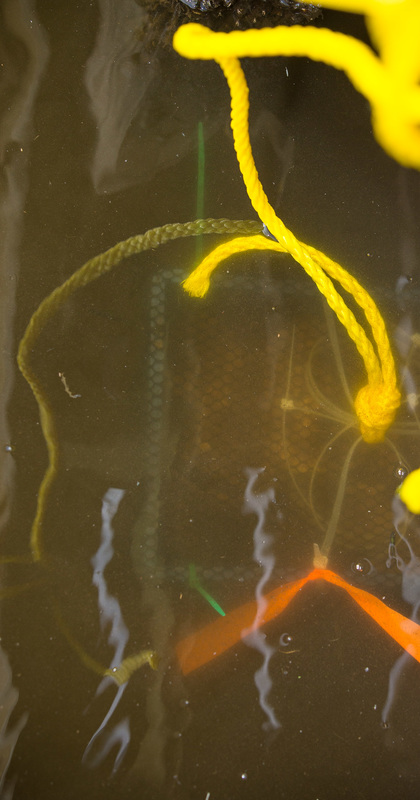10/27/2017 02:11:13 am
Very informative and useful, Keep it up the great work. No doubt these parasites are really harmful for the human body and may easily become the reason of different fatal diseases. 12/25/2017 09:11:20 pm
Biological research has been my work for the past couple of years. As the research head of a specific task, I am in-charge of collecting samples of rare sea creatures living in the Mariana Trench. Located in the depths of the Pacific Ocean, the Mariana Trench is the deepest point on Earth. Initially, some of my colleagues at different Universities across the United States of America dismissed that life on Mariana Trench doesn't exist. The water pressure in the Mariana Trench is like a large elephant stepping on your fingernails. 12/20/2017 08:46:04 pm
Very informative and useful... Keep it up the great work. Comments are closed.
|
|
